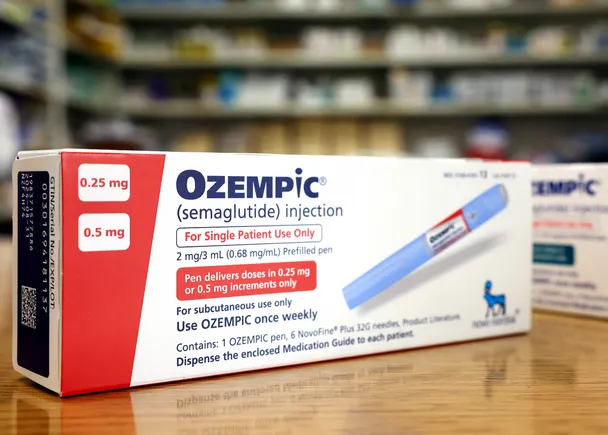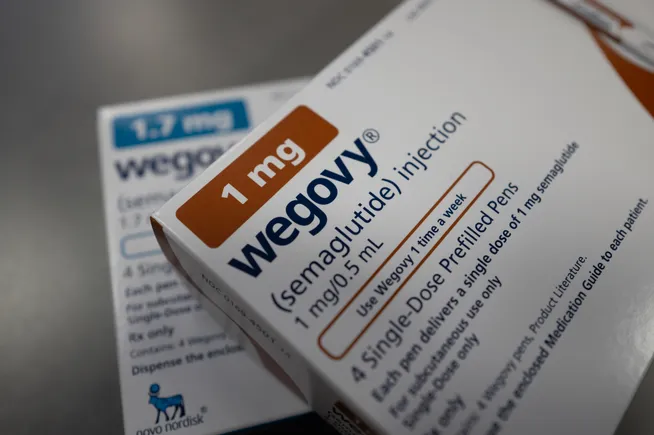Nestlé expands microbiome drug work with biotech deal


Dive Brief:
- Nestlé Health Science will partner with French biotechnology company Enterome, announcing Monday a research collaboration and licensing agreement for a potential drug candidate.
- Enterome will receive 40 million euros in cash and stock from Nestle, which also promised additional payments if certain clinical and sales milestones are hit, as well as royalties on sales of any therapeutic candidates that win approval.
- The deal is centered on Enterome’s lead immune disease drug candidate, a potential treatment for food allergies and inflammatory bowel disease known as EB1010. The drug is set to enter clinical trials in 2023, Enterome said.
Dive Insight:
Nestlé continues to invest in biotechnology with this latest deal one of several recent agreements. Microbiome-based drugs in particular have drawn the food company’s interest.
Known for its nutrition offerings, Nestlé has recently invested through its health arm into a collaboration with Seres Therapeutics to commercialize SER-109, a microbiome-targeting drug meant to help patients with recurring infections from Clostridioides difficile.
Prior to its Seres deal, Nestlé acquired Aimmune Therapeutics, the biotech developer of the peanut allergies treatment Palforzia.
The latest investment in Enterome suggests Nestle’s interest in microbiome-based drugs remains high.
While drugmakers still have much to learn about the microbiome, companies like Enterome are pushing ahead with research into ways gut health might influence inflammation and disease.
Enterome identifies potential drug candidates from a database of gut proteins that can be designed to “mimic” specific proteins or antigens involved in immune disease or allergies. Its candidate EB1010 is designed to induce a cytokine called IL-10 and was discovered via Enterome’s platform.
Along with EB1010, Enterome plans to soon start clinical testing for two cancer drug candidates. The company is already testing in humans two other cancer medicines and a drug for post-operative Crohn’s disease.
This post has been syndicated from a third-party source. View the original article here.




